
College partners with Dell and Red Hat -- embraces open source and Linux solutions
While not all open source solutions are better than the closed source alternatives, opting for the former for underlying infrastructure is generally a good idea. This will provide a business with flexibility and stability while sometimes saving money too.
A Singapore school, the Yale-NUS College, had some needs revolving around the cloud, so it wisely chose two open source friendly companies to help -- Dell and Red Hat. The OpenStack cloud solution, a product that was co-created by the two aforementioned companies, has been a huge success for the college.
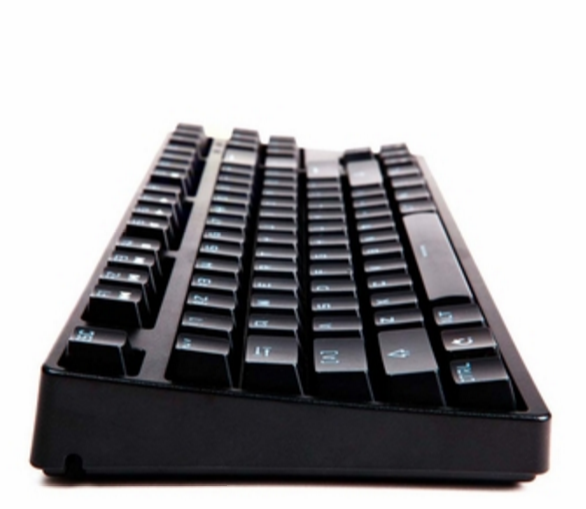
Penclic announces MK1 Mechanical Keyboard for Windows, Mac, and Linux
Mechanical keyboards are all the rage nowadays, and for good reason; whether you are a gamer or typist, you can experience improved accuracy and feedback using them. Quite frankly, once you use one it is hard to go back, as many modern keyboards are mushy and terrible.
Today, Penclic announces the MK1 Mechanical Keyboard. This model has some nice features, such as brown switches and backlit keys. My favorite aspect, however, is the key design -- the font looks funky; caps lock and shift are particularly unique. Even cooler? The "super" button does not have a Windows logo; Mac and Linux users should appreciate that. It would go great with an Ubuntu-powered System76 computer.
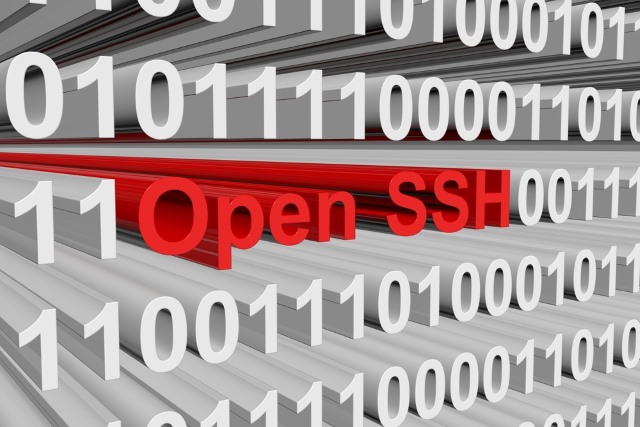
At last! Microsoft brings OpenSSH to Windows
It is a few months since Microsoft announced that SSH support was on its way to Windows. The absence of this feature has baffled and frustrated many users for years, and Microsoft admitted that it was one of the most frequently requested features of the PowerShell team.
The project comes after Microsoft decided to get involved in the OpenSSH community. Based on a previous NoMachine port, the Windows port is now in sync with OpenSSH 7.1. It means that secure, remote management of Linux machines from Windows is much easier.

Ubuntu 15.10 is howling at the moon -- 'Wily Werewolf' is finally here
Halloween is growing nearer every day. Soon, the streets will be full of children dressed like Frankenstein, Dracula and the Werewolf. More importantly, there will be much candy to eat.
Ubuntu users do not have to wait until October 31st for frightful fun, however, as today the Wily Werewolf starts howling at the moon. Yes, Ubuntu 15.10 is finally here, ready to transform your computer into a powerful monster!
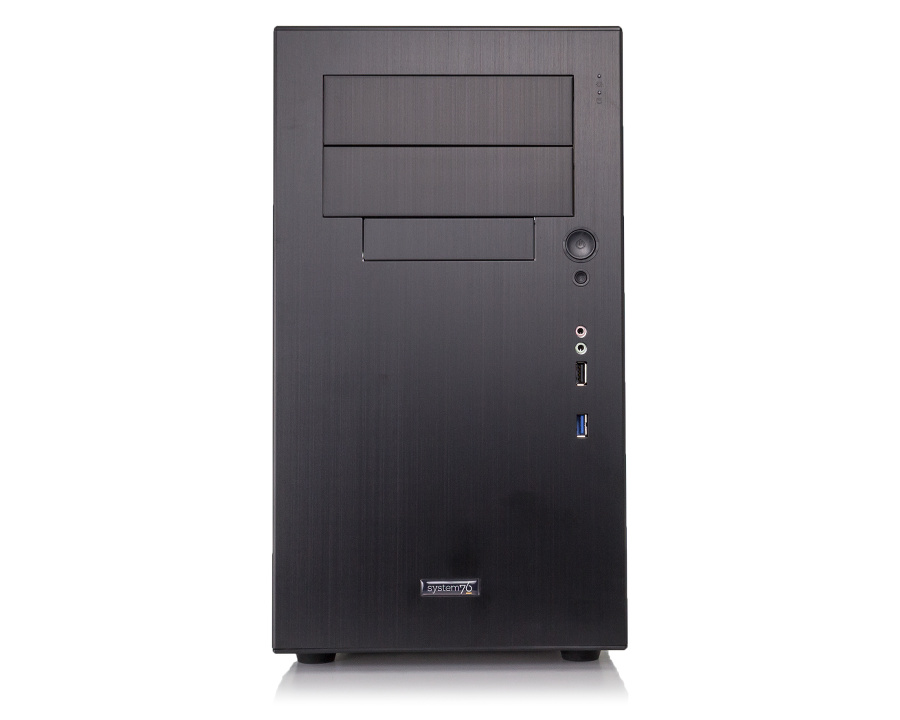
System76 unveils Skylake-powered Wild Dog Pro with Ubuntu Linux 15.10 'Wily Werewolf'
Linux-based operating systems are wonderful for many reasons, such as being lightweight and secure. One of my favorite aspects, however, is the open and customizable nature. Ubuntu, for example, is one of the best operating systems, but if you do not like the default Unity environment, you can simply choose another -- not so with Windows or OS X.
If you are going to use a Linux-based operating system, shouldn't you have a computer that can be easily customized too? System76 makes wonderful Ubuntu-equipped computers, and today, one of its most customizable machines, The Wild Dog Pro, gets refreshed with Skylake processors. This is the company's first computer to feature the 6th generation Intel CPUs.

Ubuntu Phone hit with serious security vulnerability
Ubuntu and other Linux-based operating systems are extremely secure, but nothing is infallible. While you are arguably safer than on Windows or OS X, the argument can also be made that a little common sense goes a long way. In other words, all modern operating systems can be rather secure, as long as the user is not lackadaisical in their behavior.
You may be surprised to hear that Ubuntu Phone has a rather nasty security vulnerability. Don't worry, the desktop operating system is not impacted; it is a phone-only affair. Still, it is scary to see something like this fall through the cracks.

Windows apps on Android will soon be a reality
If you have an iPhone, you're stuck with running iOS apps; if you have an Android phone, you're stuck with Android apps. At least that used to be the case. For desktop platforms such as OS X and Linux, tools and emulators exist that make it possible to run software designed for a different platform. CodeWeavers produce CrossOver which enables PC games and applications to run on non-PC platforms.
At the moment, CrossOver is available for Mac and Linux, but there are plans to bring the tool to Android. This means that, ultimately, it should be possible to run Windows software on an Android phone or tablet.
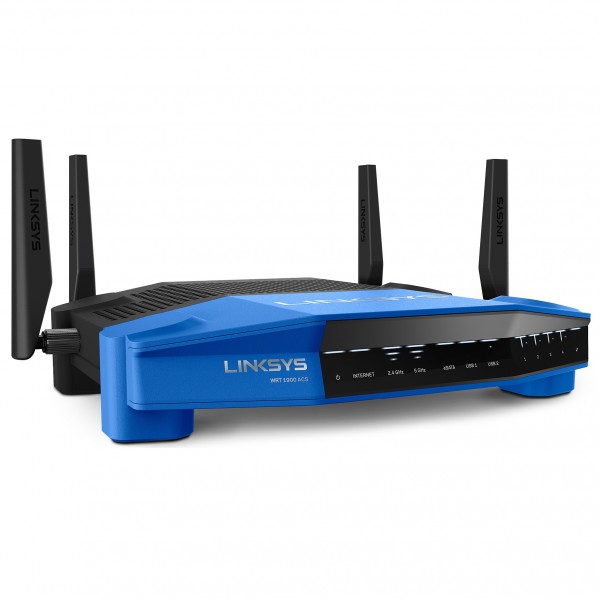
Linksys unveils Linux-powered WRT1900ACS router -- open source, faster CPU, more RAM
When it comes to home networking, nothing is more iconic than the classic blue Linksys router. When I worked at CompUSA, I sold a ton of them, and for good reason -- they worked well. Over the years, some of the models proved popular for open-source firmware replacements, making them attractive to tinkerers.
Fast forward to today, and Linksys announces a new open source-friendly router, which builds upon the existing WRT1900AC. With a faster processor and double the RAM, the new model gets an "S" moniker -- reminiscent of Apple's iPhone naming -- as WRT1900ACS. Are you excited for this Linux-powered home router?
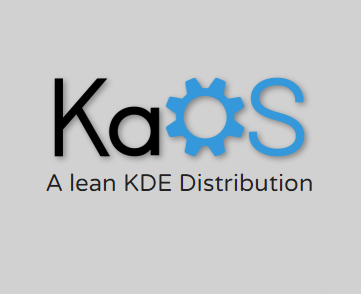
KaOS 2015.10 KDE-focused Linux distro available now
While I am a GNOME fan, I recognize how wonderful KDE is too. If you prefer a traditional desktop user interface, KDE is a smart choice. Not only is it it easy to use for beginners, but it offers a ton of customization options for advanced users too.
There are quite a few KDE-based Linux distros, such as Kubuntu, Linux Mint KDE, and Netrunner, but the lesser known KaOS offers a more pure experience. This distro has a goal of remaining lean, while being fairly bleeding edge regarding KDE packages -- it is a great showcase for the desktop environment. Today, version 2015.10 sees release, and you can download it now.
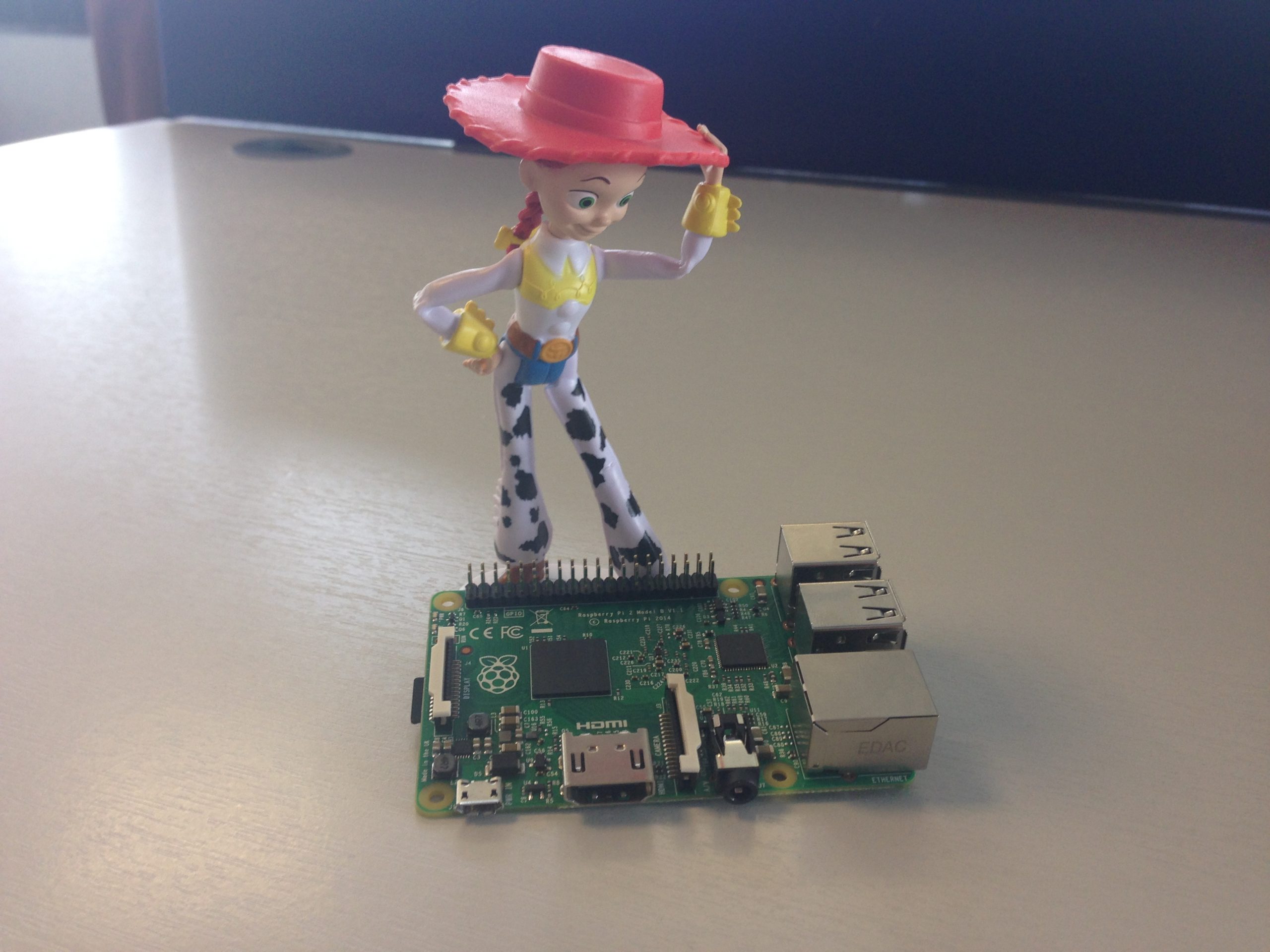
With Raspbian 'Jessie' release, has the Raspberry Pi lost its way?
If you own a Raspberry Pi, you are probably a really cool guy or gal. Well, actually, I should say that you are cool in the geek community (it probably won't get you a date with a cheerleader). In other words, owning the diminutive maker-friendly computer is a geeky status symbol that indicates you are in-the-know.
While the Raspberry Pi is a fun piece of hardware, it is useless without an operating system. There are plenty of options to choose (including Windows 10 IoT), but arguably, for the best overall experience, you should stick with the Debian-based Raspbian Linux distro. Today, the latest version, code-named 'Jessie' is released to the wild. Does it signal that the Raspberry Pi is losing its way?

Happy 5th Birthday, LibreOffice! You aren't as good as Microsoft Office, but that's OK
Not everybody, or everything, can be the best. In the Olympics, for instance, somebody wins the Gold medal, while someone gets the Silver. In other words, second place is still rarefied air, albeit less impressive than first, but still celebration-worthy.
Today, the runner-up to Microsoft Office, LibreOffice, celebrates its 5th Birthday. Quite frankly, it is an amazing office suite, offering compatibility with Windows, Linux and OS X. The best part? It is open source and totally free -- like, no money needed. Even if it isn't as good as Microsoft's solution, it is more than enough for the average home user, and it deserves to be celebrated.
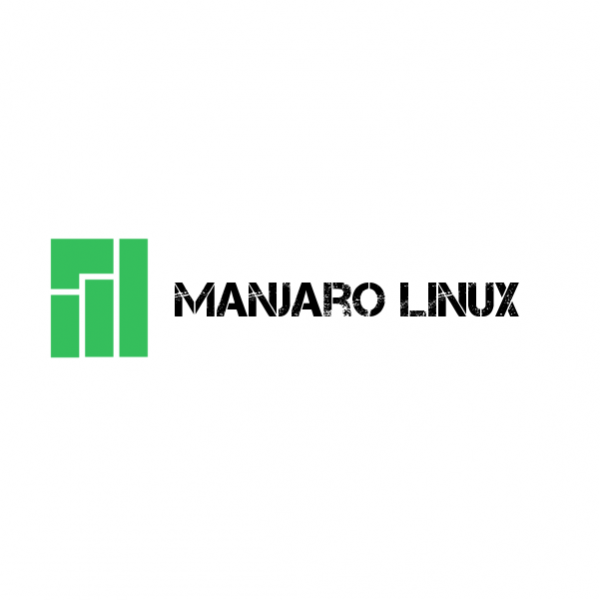
Arch-based Manjaro Linux 15.09 'Bellatrix' available now
A gift and curse of Linux-based operating systems is the large selection. It is very cool that there are so many operating systems to choose from, but a good amount of them are crap. In other words, you have to sift through hundreds of fringe distros to discover the gems.
One such gem is Manjaro Linux. This Arch-based distribution is well-designed and offers a great out-of-the-box experience. While not ideal for beginners, it is a solid choice for advanced Linux users who don't have the time or patience for a vanilla Arch install. Today, Manjaro reaches version 15.09, code-named 'Bellatrix'.

Fedora 23 Beta is here, Linux fans
If you are thinking of making the switch to Linux from Windows, there are many good beginner-friendly distributions from which to choose. I highlight two such operating systems here. But what if you are a bit more advanced in the ways of Linux?
Fedora is the top choice of many Linux experts, including the father of the kernel, Linus Torvalds. Today, version 23 of the operating system reaches beta status. Will you try it?

Worried about Windows 10 privacy? Use Linux
Windows 10 is a wonderful operating system. Every day, I boot a computer running Microsoft's latest operating system to get work done. On the surface, everything is peachy-keen. Sadly, under the hood, there are some legitimate privacy concerns. There is a bunch of information being sent to Microsoft, and you may not even know it. This has caused programs like the wonderful O&O ShutUp10 to be created.
Luckily, Windows is not the only game in town, folks. Actually, there are many wonderful operating systems available to you at no charge. Unlike Windows 10, where it is only free with a prior licence, most Linux-based operating systems are entirely free. Period. If you want to try one of these open-source operating systems, you may be confused as to where to start. Don't worry, I am here to help. Here are the distributions and software you should use.
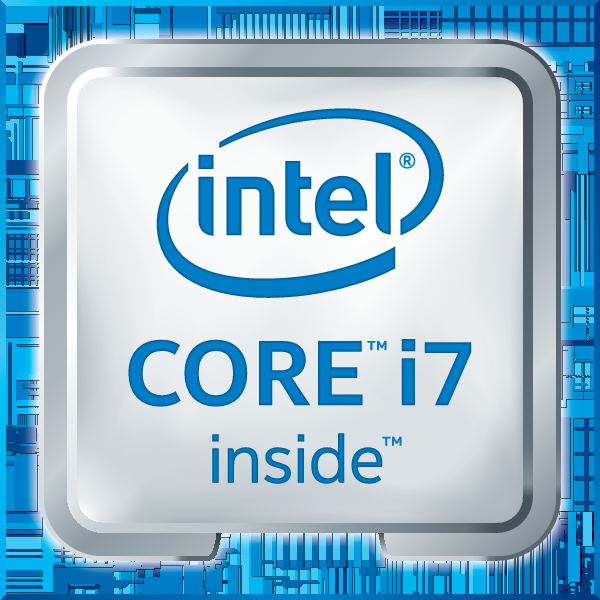
Intel's 6th gen 'Skylake' Core processor family revealed! Will it power Surface Pro 4?
Both Intel and AMD produce amazing processors. With that said, the former is currently outperforming the latter in overall performance. Gamers, business users and home consumers are all gaga over the company's processors.
Today, Intel unveils its full family of 6th generation Core processors, codenamed "Skylake". Many consumers have eagerly been awaiting the release of the chips. Best of all, they should run the recently released Windows 10 like a champ. Of course, Intel offers wonderful Linux support too.
